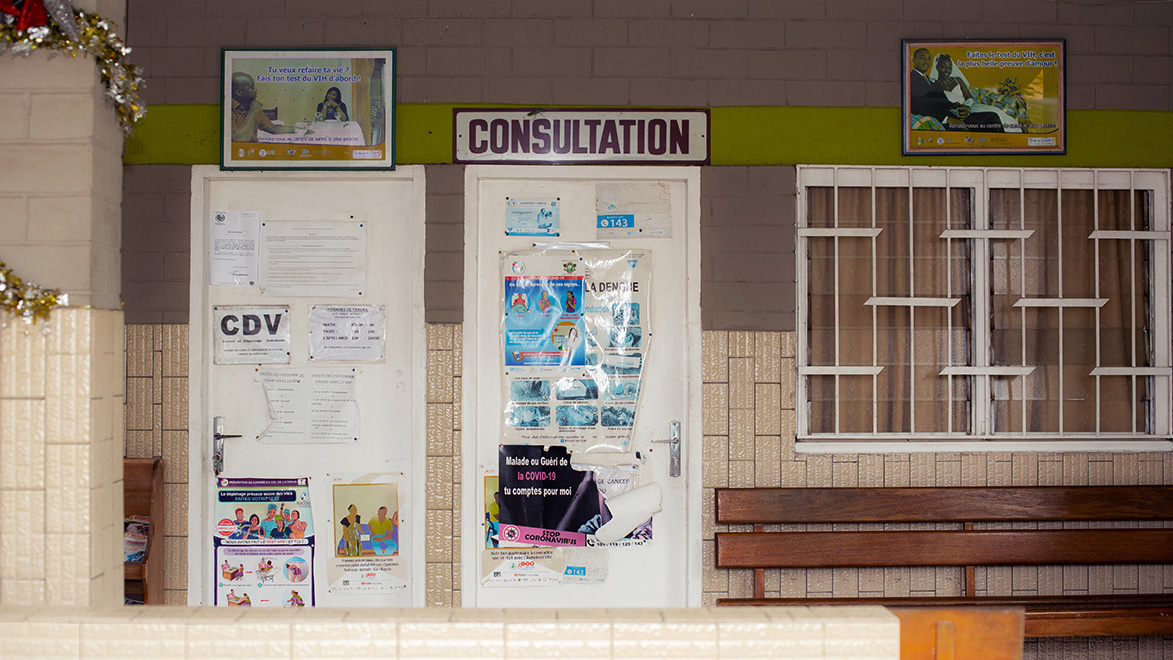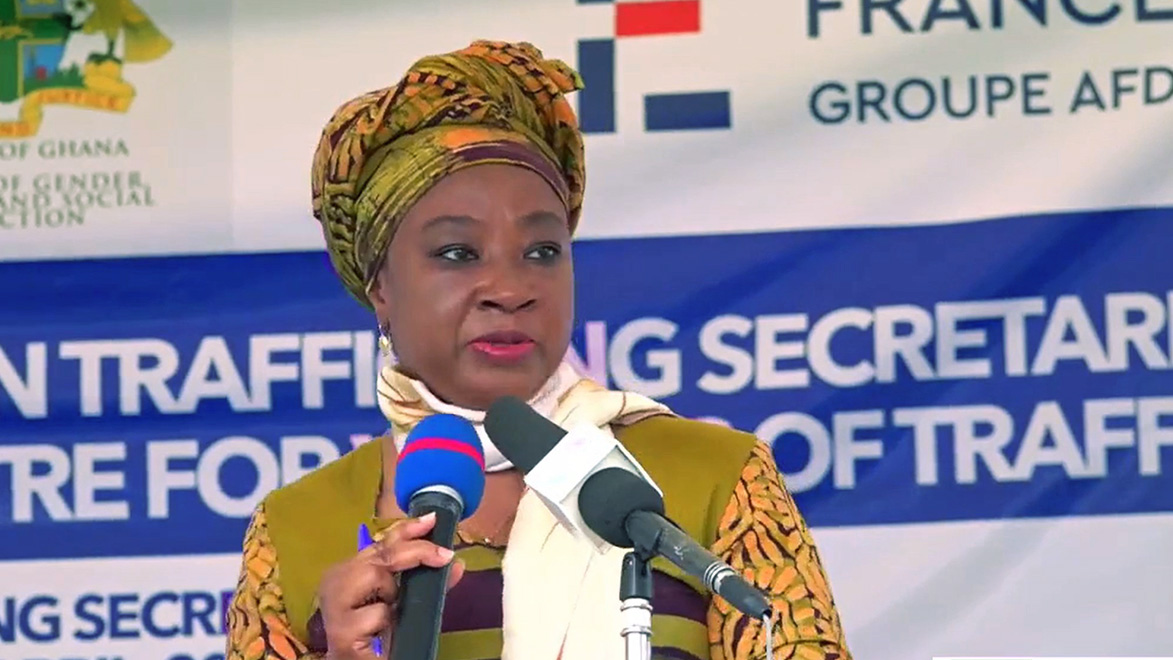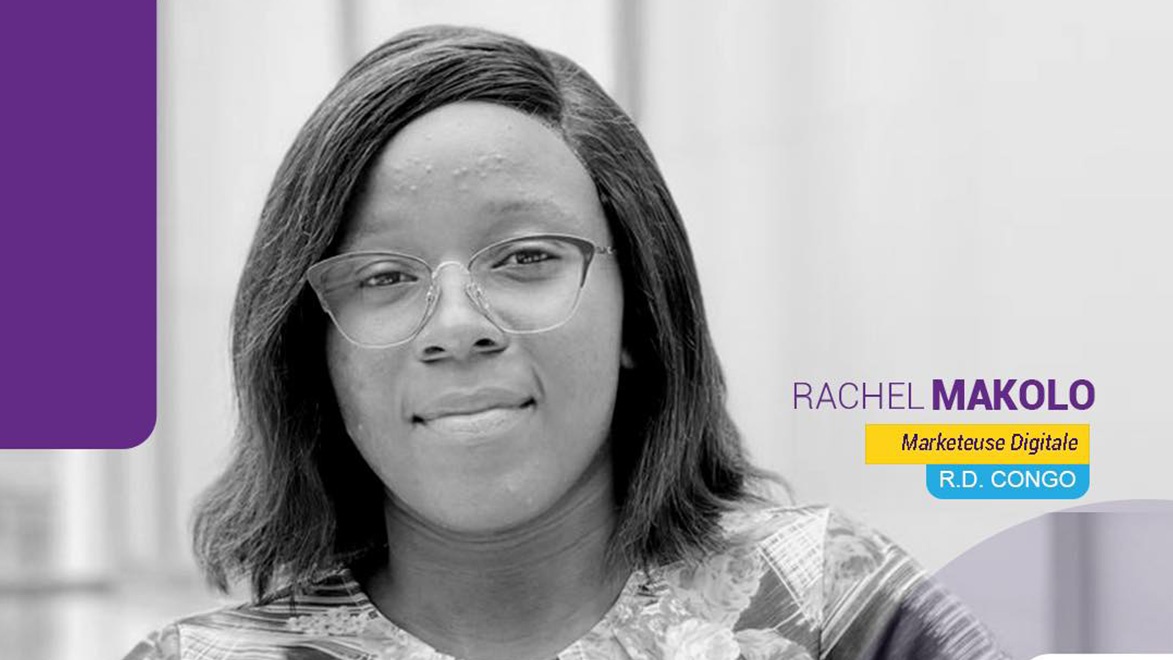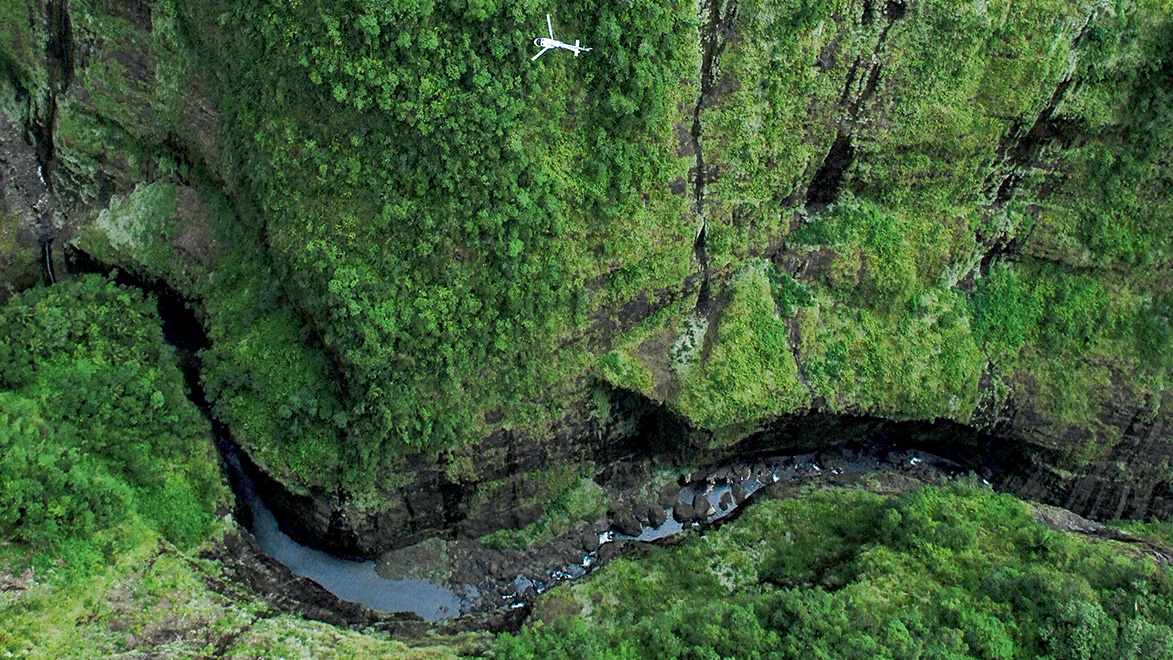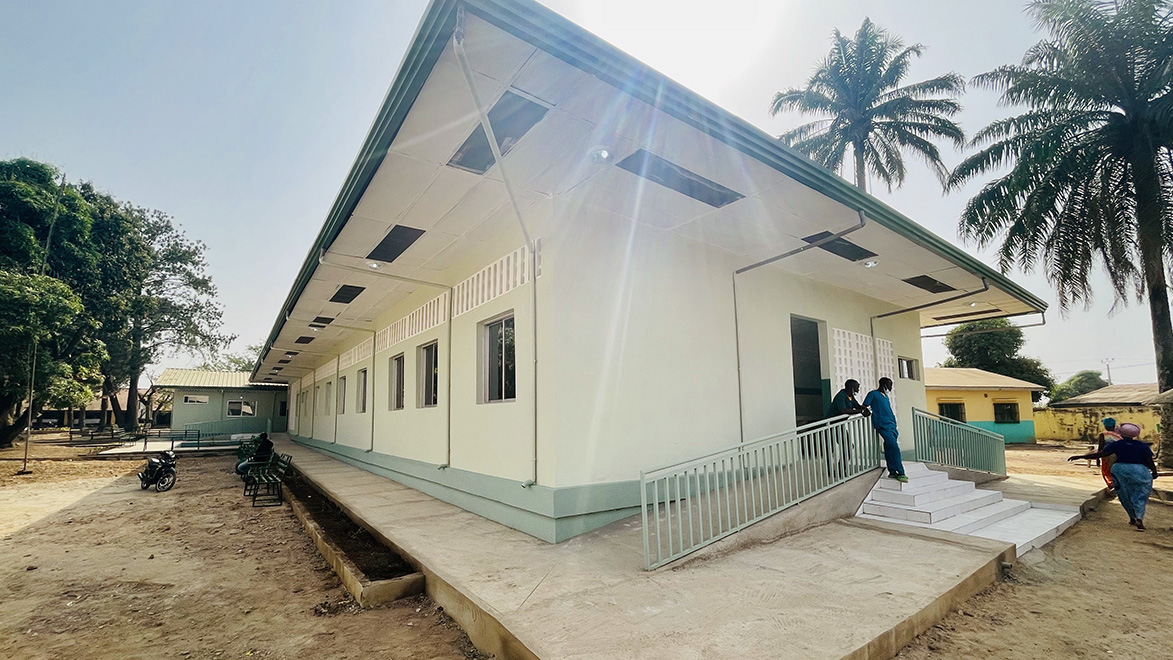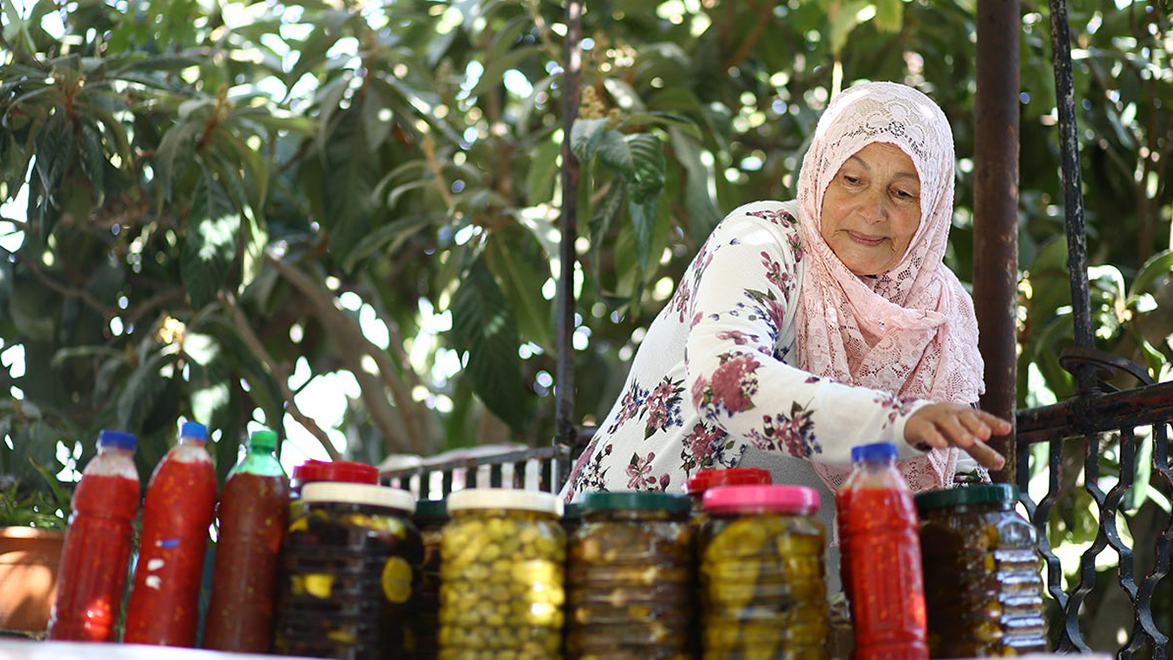SDG 7
Improving Energy Efficiency in Côte d’Ivoire
INTERVIEW In Côte d’Ivoire, Expertise France has been running the ECLER IVOIRE project since 2018. Its objective is to support electrification in rural areas and improve energy efficiency at government facilities.
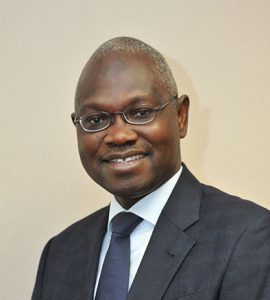
With SABATI CISSÉ,
Director General of Energy, Ministry of Petroleum, Energy, and Renewable Energies (Côte d’Ivoire)
In a few words, what is the ECLER IVOIRE project’s strategy?
The decentralized electrification systems deployed under ECLER IVOIRE rely on solar energy and are designed to be fully integrated into Côte d’Ivoire’s electrification strategy. Electrical networks are being implemented according to the country’s standards, and solar plants are designed to be connected to the medium voltage grid as soon as it is within reach of serviced localities.
The solar plants’ capacities are based on five-year demand estimates, which take into account the electrical network’s development dynamic in Côte d’Ivoire. The objective is to optimize available resources to provide localities with a population under 500 with a high level of service, equivalent to that enjoyed by users of the interconnected grid.
ECLER IVOIRE also helps commercial establishments access electrical equipment. The project has enabled us to respond to the demand for the production of cooling and refrigeration in rural areas and to fulfill energy needs for activities such as metalworking.
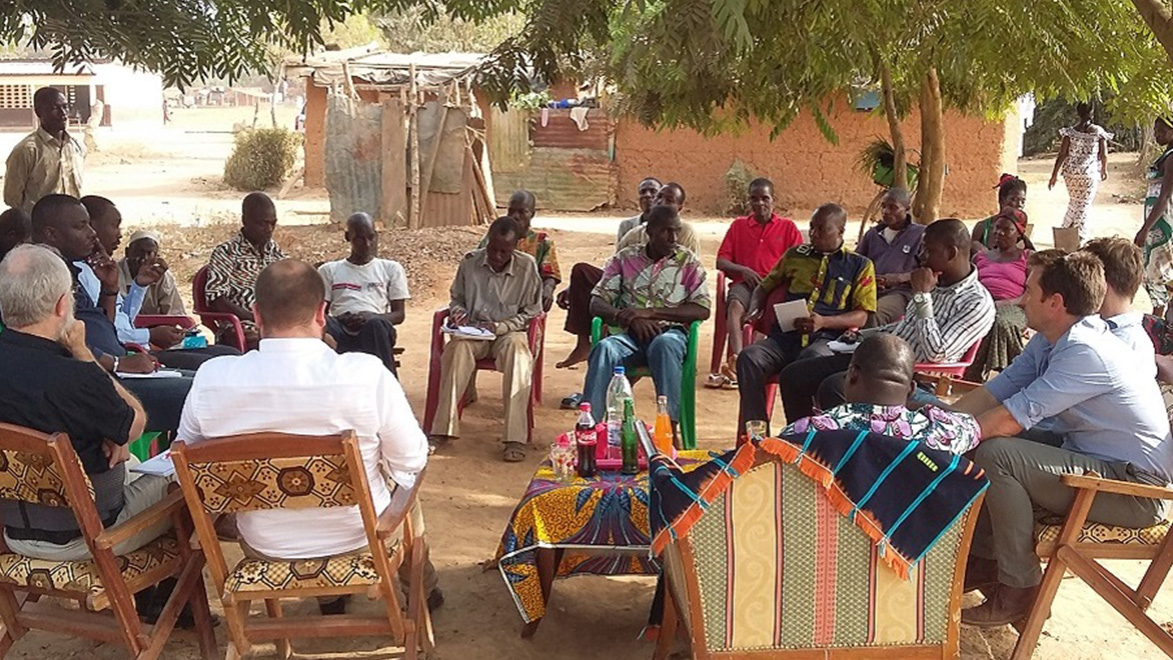
The ECLER IVOIRE Project has, among other things, enabled improvement in a public facility’s energy performance.
How will the assistance provided by Expertise France facilitate the project’s reproducibility?
During the research phase, tools that help with decision-making were developed. They will prove useful to evaluate the performance and reproducibility of decentralized investments and determine the rate conditions that will allow us to balance the services’ operating accounts. ECLER IVOIRE is an innovative, realistic project. It also involves all parties and fits into Côte d’Ivoire’s rural electrification strategies, renewable energy promotion, and economic development.
In Abidjan, a public building is also being renovated as part of the project.
Indeed, another of ECLER IVOIRE’s objectives was to improve the energy performance of a public building. To this end, we conducted a study of 72 high-energy-spending facilities, and we selected the Sogefiha Building in Abidjan’s Plateau district.
This project is innovative in several ways. The means used to conduct the thermal and energy audit beforehand yielded detailed results about the renovation potential and provided different avenues for improving the building’s energy performance, such as nonintrusive connected instruments, dynamic thermal simulation, and behavioral studies.
Now, thanks to strong communication and the ongoing consultation of the building’s users about the renovations’ operational program, hygiene, and security measures, the work can proceed while the site is in use. The building’s activities are maintained, and additional costs due to personnel relocation were avoided.
We conducted a study of 72 high-energy-spending facilities for this project.
What does the project propose besides energy performance renovations?
Actions are being conducted to improve the building’s internal organization and guarantee the sustainability of the new installations. For example, we are aiming to support a new management method for maintenance and deploy an energy management system overseen by an energy specialist. Meanwhile, we are also raising awareness among the building’s personnel: The goal is to encourage new energy-saving behavior and have it passed on immediately to the families of the people who use the building.
Interview conducted in May 2022
Achieving SDG 7
To address the Affordable and Clean Energy objective, Expertise France is assisting public and private actors in facilitating the energy transition and access to energy in partner countries. In doing so, the agency is helping to achieve other SDGs such as Climate Action, Economic Growth, and Sustainable Cities.
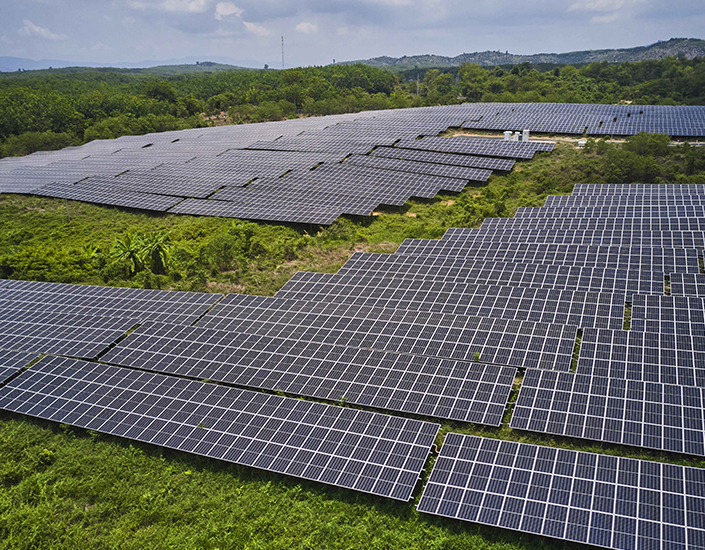
Further reading








